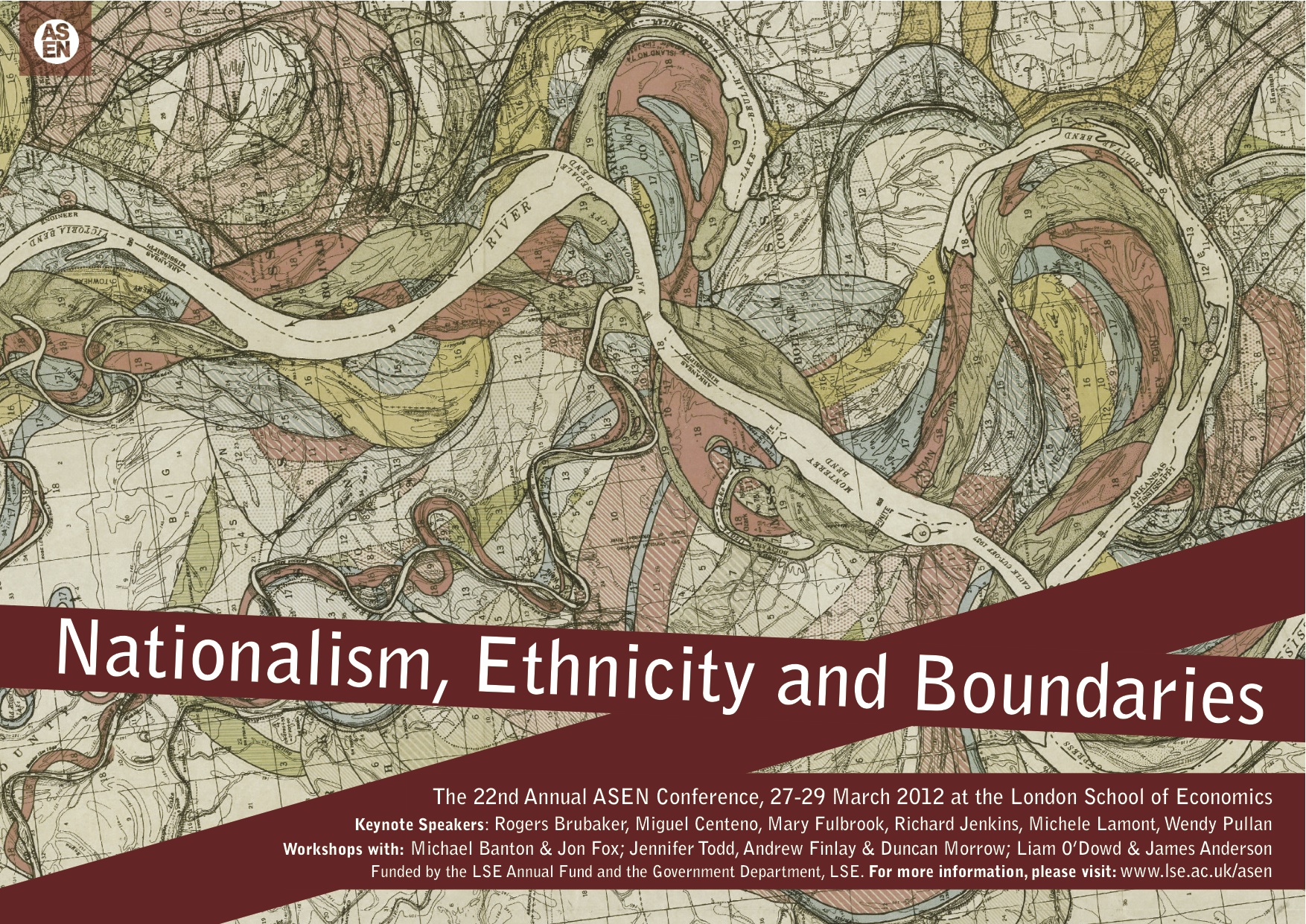 Read on for Article Spotlights from the SEN Archives focusing on SEN News Bites from May. Here, we focus on ethnic politics and conflict with articles on Israel, India, and the challenges and the challenges of citizenship and democracy in multi-national states.
Read on for Article Spotlights from the SEN Archives focusing on SEN News Bites from May. Here, we focus on ethnic politics and conflict with articles on Israel, India, and the challenges and the challenges of citizenship and democracy in multi-national states.
Nissim Leon’s article focuses on the role of ‘religio-nationalist’ ideology within the Haredi community in contemporary Israeli politics:
Nissim Leon, Ethno-religious Fundamentalism and Theo-ethnocratic Politics in Israel, Volume 14, Issue 1, 2014, pp. 20-35.
This article addresses the transition of a fundamentalist confrontational religious ideology into an assertive, religio-nationalist ideology by the case of the ethno-Ultra-Orthodox (haredi) Shas party in Israel. Alongside the haredi proclivity towards insularity, we also detect, in recent decades, two new trends within the haredi mainstream. First, we see increasing numbers of haredim (Ultra-Orthodox Jews) integrating into different frameworks that are situated outside of the haredi enclave: the job market, the army, welfare and charity organizations, and more. A second trend, which I will elaborate upon here, is a fundamentalist religious interpretation of elements of Israeli national identity. This trend seeks to view Jewish law, in its orthodox interpretation, as a source for the conservation and maintenance of Jewish identity in Israel: firstly, through the turning of haredism into a dominant factor in the religio-communal arena in Israel; and secondly, through assuming responsibility for demarcating the boundaries of the Jewish collective.
Sarbeswar Sahoo’s article considers the role of Hindu nationalist politics in the south Rajasthan region of India:
Sarbeswar Sahoo, Ethno-Religious Identity and Sectarian Civil Society: A Case from India, Volume 8, Issue 3, 2008, pp. 453-480.
This paper analyses the role of Rajasthan Vanvasi Kalyan Parishad (RVKP), an ethnic Hindu(tva) organisation, among the tribal populations in south Rajasthan. It argues that the RVKP has been able to enhance its legitimacy and expand its socio-political support base among the tribals through a well-articulated and planned process of ‘ethnification’. This process has been carried out in four basic ways: (1) utilising development projects as means to spread the ideology of Hindutva, (2) bringing religious awakening and organising mass re-conversion programmes, (3) redefining indigenous identity and characterising certain communities as ‘the other’, and (4) with the support of the various state institutions. The paper concludes that by ethnicising indigenous identity, the RVKP has not just created a ‘culture of fear and violence’ in the tribal regions but also threatened the secular democratic ethos of Indian society.
This article by John French and Annika Hintze deals with problems of democracy and diversity since the fall of communism:
John French and Annika Hintze, From the Inside Out: Citizenship and Democracy in Multinational States, Volume 10, Issue 2, 2010, pp. 255-270.
Since the fall of communism, democracy has come to be seen as the ‘only game in town’– the only legitimate form of political system. Democracy is considered legitimate because it provides for individual rights and allows the people access to the resources of the state. If ‘we the people’ defines the limits of these entitlements, the next logical question is who are ‘the people’? In contemporary developed states, the problem of diversity is most often framed as a problem of immigration; the arrival of new groups threatens both the presumed homogeneity of established nations and their democracy. We argue for a new conception of democracy, which takes into account the constructed nature of ‘the people’ that democracy empowers. This paper attempts to provide such an account by advocating a new understanding of the relationship between nationalism, citizenship, and democracy.
Article Spotlights compiled by Dr Shane Nagle.

